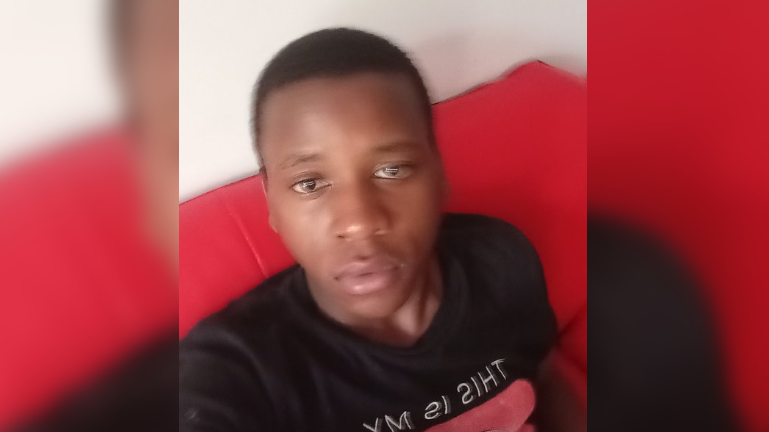The calm, then the storm: Readers turn up the volume at book convention
Posted May 31, 2015 01:24:49 PM.
Last Updated May 31, 2015 04:24:30 PM.
This article is more than 5 years old.
NEW YORK, N.Y. – The trade show was the calm, the fan show the storm.
From editors and booksellers to librarians and general readers, tens of thousands filled the Jacob K. Javits Convention Center in Manhattan last week for the industry convention BookExpo America and the public event BookCon, which ended Sunday. BookExpo, so low-key that even Judy Blume found herself asking the audience at a Friday tea why it was so quiet, gave way to the speed and enthusiasm of the BookCon community.
BookCon’s attendees, far younger and more diverse than the average publishing house or literary agency, lined up to see Mindy Kaling banter with B.J. Novak, shed tears at the chance of meeting “Sookie Stackhouse” author Charlaine Harris and brought empty suitcases with the intention of filling them with books both purchased and free.
“This is a special treat that we’re here,” said Rebecca Miller, who flew in from St. Louis with her daughter Michal and her daughter’s friend, Eva Weber. For Michal and Eva, both carrying Harris novels, BookCon was an eighth-grade graduation present, a reward for getting good grades.
“We bought plane tickets,” Rebecca Miller said, “but they’ve also been babysitting and doing odds and ends jobs. And she (Eva) is an artist, so she has been drawing things and selling them to help pay for something extra.”
On the Javits floor, teens at BookCon waited two hours and longer to meet Khloe Kardashian while middle-aged men were the lead demographic at BookExpo among those in line to be photographed with Christie Brinkley. Pulitzer Prize winner Anthony Doerr was honoured at an independent booksellers luncheon and recalled attending the American Booksellers Association’s “Winter Institute” in Seattle in January 2014, when he was just beginning to talk about “All the Light We Cannot See.”
“I checked into the Westin in Seattle, wheeled my suitcase into an elevator along with a bunch of folks wearing lanyards,” he said. “First thing I heard as the elevator started up was one woman say to another, ‘Have you read this novel “Always the Lights We Cannot See”?'”
Doerr’s novel is still a bestseller.
Bookstore owners are looking forward to upcoming releases from Garth Risk Hallberg, Rainbow Rowell and Jonathan Franzen, whose nervous, conspicuously unscripted interview at the start of BookExpo did not keep store owners from welcoming his novel “Purity.”
Overall, it is a mild moment in the industry, in some ways too mild. Recent sales numbers have been dull at best, with coloring books for grown-ups a rare exception. But publishing in the digital age has also been a story of avoiding the worst, whether the presumed downfall of independent bookstores or the alleged demise of printed text.
BookExpo was notable for what wasn’t discussed.
Last year, the industry collectively fretted as Hachette Book Group and Amazon.com engaged in a public contract fight over e-book terms, a standoff that led to Amazon restricting the availability of releases by J.K. Rowling, Sherman Alexie and thousands of other Hachette authors. In 2015, Hachette and other New York publishers are in the first year of multiyear deals.
“Now it’s down to business, instead of negotiating, which is much more pleasant,” said Simon & Schuster CEO Carolyn Reidy.
Amazon is even receiving some credit for the absence at BookExpo of a dreaded word: piracy. The rise of e-books that began with Amazon’s 2007 launch of the Kindle led to predictions that the ease of downloading texts would enable a thriving, crippling market for illegal downloads. Panels on piracy were common at BookExpo, with then-Authors Guild president Scott Turow warning in 2010 that theft was an “enormous” risk.
In 2015, piracy panels were gone and several publishers said that while piracy has become a serious problem in Asia, Spain and elsewhere overseas, the United States has been largely spared. Piracy sites are easy to find on the Internet, requiring publishers to send constant takedown notices, but there are no tangible signs that readers are seeking them out or that sales have been affected.
Hachette CEO Michael Pietsch cited the reverence for books themselves, especially in contrast to music, saying there’s something “almost sacramental” about the bound text. The chief operating officer of Macmillan, Andrew Weber, praised Amazon.com, Barnes & Noble and other online sellers for helping to create an “ecosystem with a great deal of convenience and reasonable prices.”
Brian Murray, CEO of HarperCollins Publishers, said piracy was “still an issue,” but “in the book business it’s not nearly as big as in music or television of film.”
The idea of obtaining a stolen edition of a favourite novel (as opposed to a favourite song, or expensive textbook) was unthinkable to BookCon attendees such as Lucy Kirichenko, a senior at Somers High School in New York.
“I respect books more than I respect music,” Kirichenko said. “Margaret Atwood is my favourite author; I would never download a (pirated) book (by her).”










